When is it Okay to Use Ain’t?
We generally want to avoid using the negative contraction ain’t, but there are two situations in which it’s perfectly fine to use it.
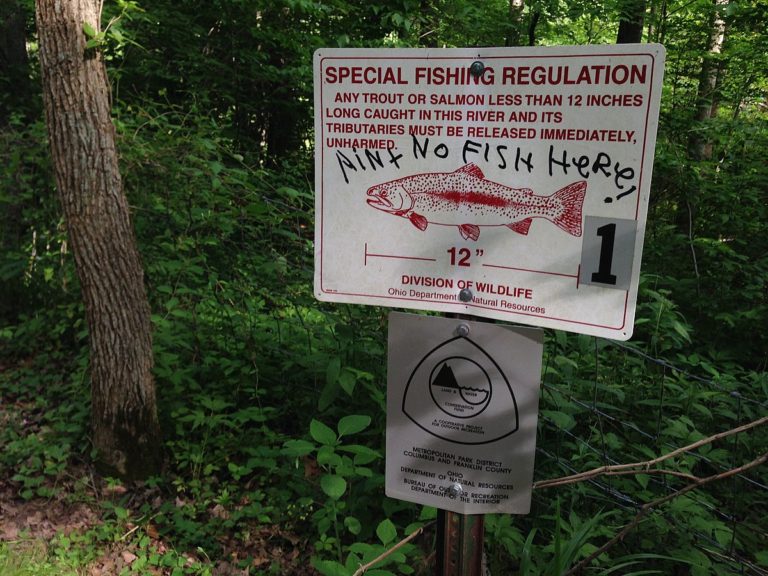
We generally want to avoid using the negative contraction ain’t, but there are two situations in which it’s perfectly fine to use it.

Real people don’t talk like grammar textbooks. Here are some grammar rules that you will hear native speakers break in informal conversation.
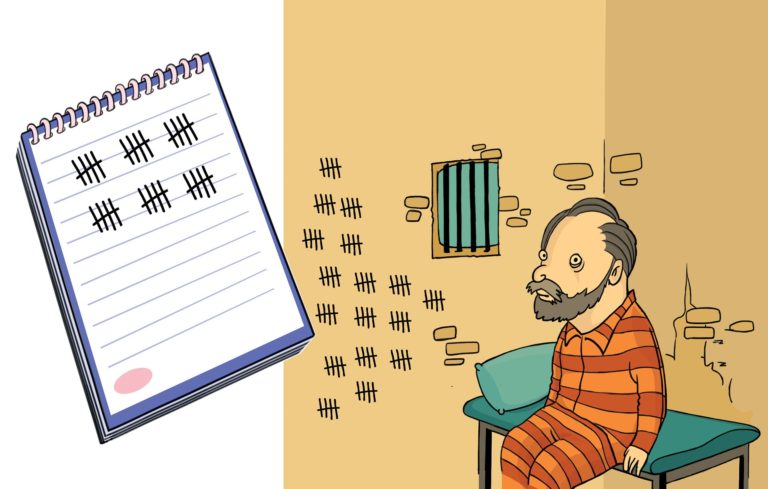
We use a ton of idioms for talking about criminal justice. Here are 40 of them you’ll probably hear at some point. How many do you know?
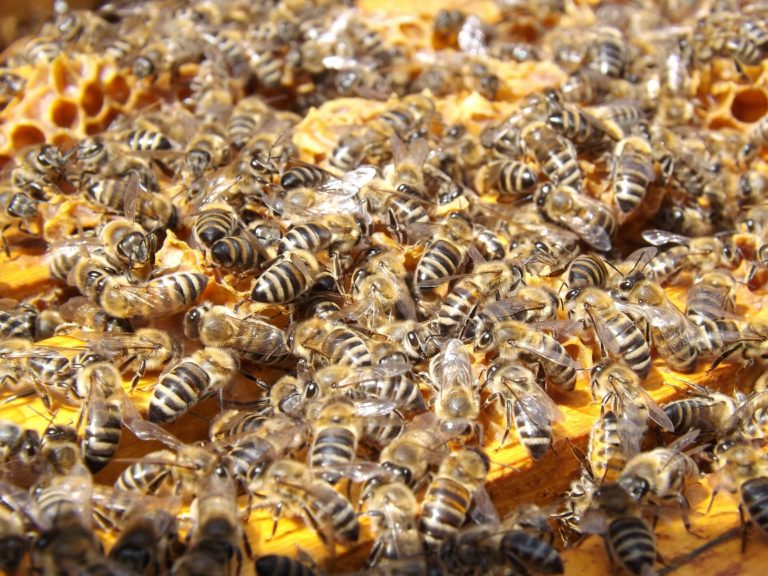
We have a variety of other ways to say busy. Here are 12 alternatives you can use.

Here are a handful of natural-sounding synonyms for leave and arrive that you are likely to come across.
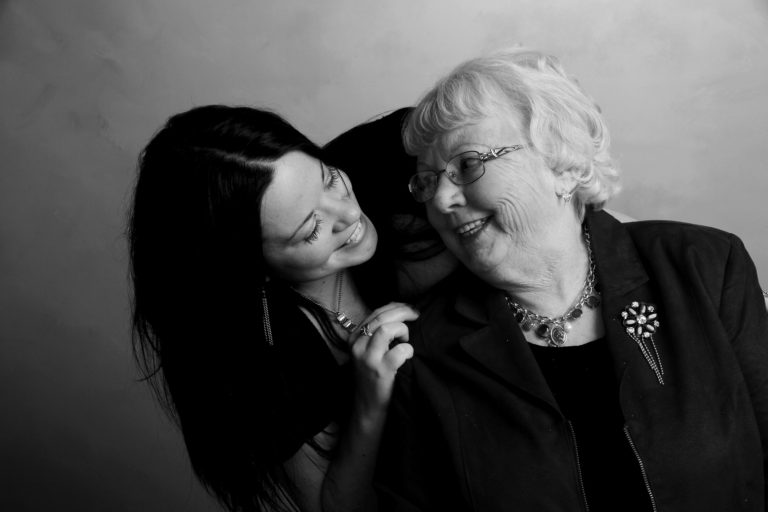
There are many descriptive adjectives for describing a nice person. Here are 22 of them you should know.

Do you know the differences in meaning between these verbs?
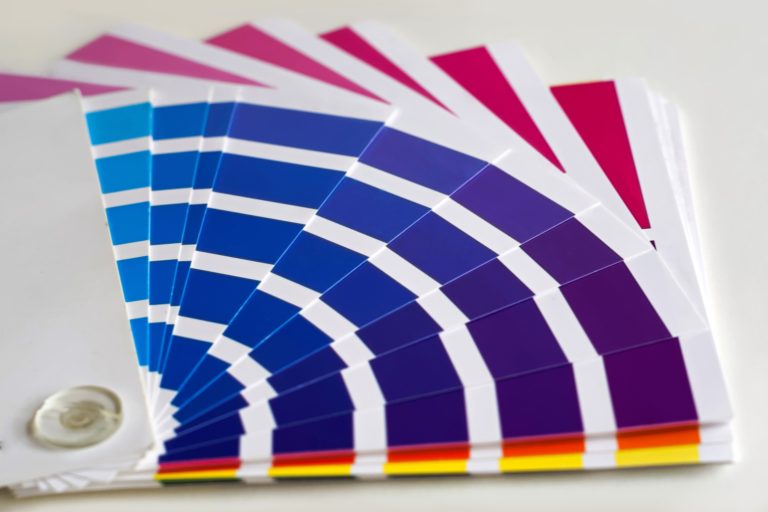
Do you know the subtle differences between these adjectives?

Even if you’ve studied English for years, chances are you struggle with prepositions. How many of these common mistakes do you make?

Make sure you know these natural-sounding expressions for offering to pay for something.

Here are some natural-sounding word combinations for talking about sports and other athletic activities.

Avoid miscommunication by learning the difference between these pairs of preposition collocations.